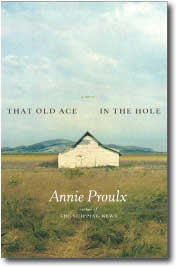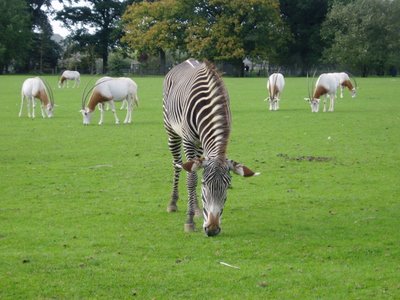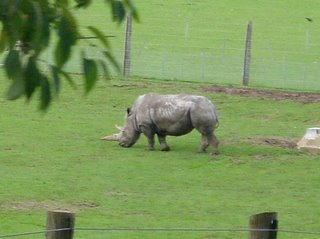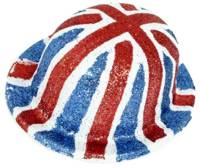Cockney Rhyming Slang

Cockney Rhyming Slang (CRS) is not a language because all of the words used are clearly English, neither can it be called a dialect because those who use it are perfectly capable of not using it. Here’s how it works: Words, usually nouns, are substituted by a pair of words, the second of which rhymes with the original word – but, usually, only the first word of the pair is used. Confused? Read on.
The best way to illustrate the above is by example. The CRS for stairs is ‘apples and pears’, so the word used is ‘apples’. “I’m just going upstairs” becomes “I’m just going up the apples”!
Here are some other CRS words that are still in common use:
Arse= Khyber (Khyber Pass) so “Stick it up your khyber.”
Mate= China (China Plate) so “ How are yer, me old china?”
Phone= Dog (Dog and Bone) so “ I’ll give him a dog tonight.”
Look= Butchers (Butcher’s Hook) so “Take a butchers at Tom’s new jam jar [=car].”
Things can get really obscure sometimes when a double link is used. For example, Arse (again!) can sometimes be Aris. This is from Aris being short for Aristotle, which rhymes with bottle for which the rhyming slang is ‘Bottle and Glass’ and glass rhymes with arse! There are no rules!
If you are new to this try translating the following and I will post the answers in a couple of days:
1) She’s got beautiful minces.
2) She may be his skin and blister but she’s nothing like him.
3) I can’t see. Where’s me gregs?
4) I bought a new whistle for me wedding.
5) What a lovely pair of bristols she’s got!
It’s a living culture and new slang for modern words appear all of the time.















